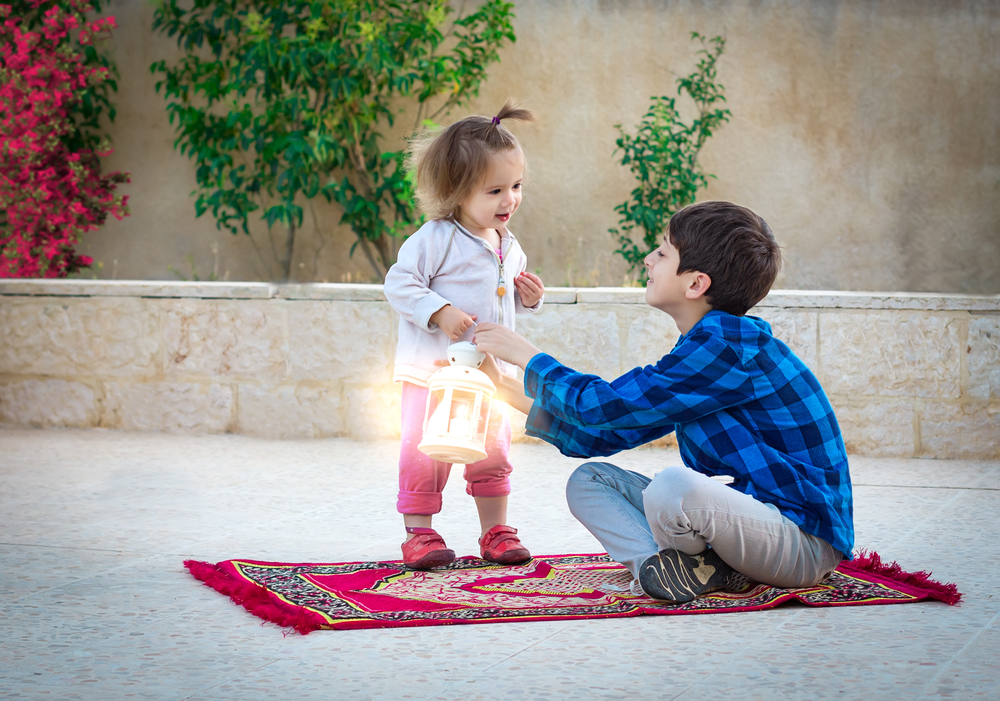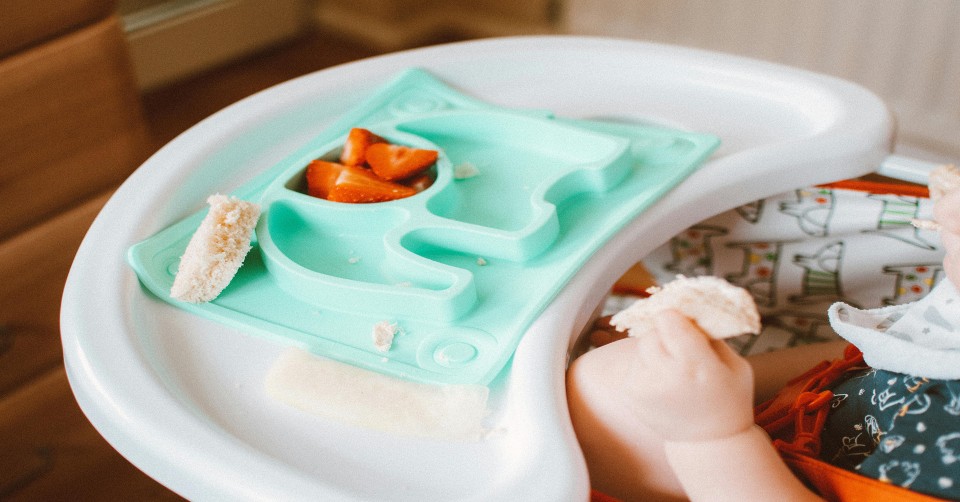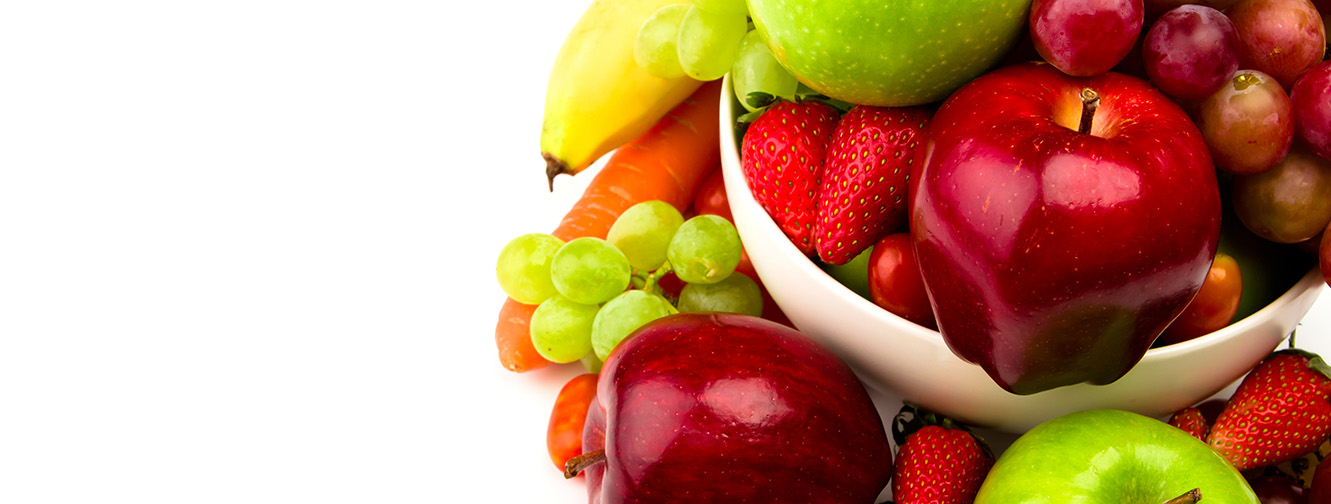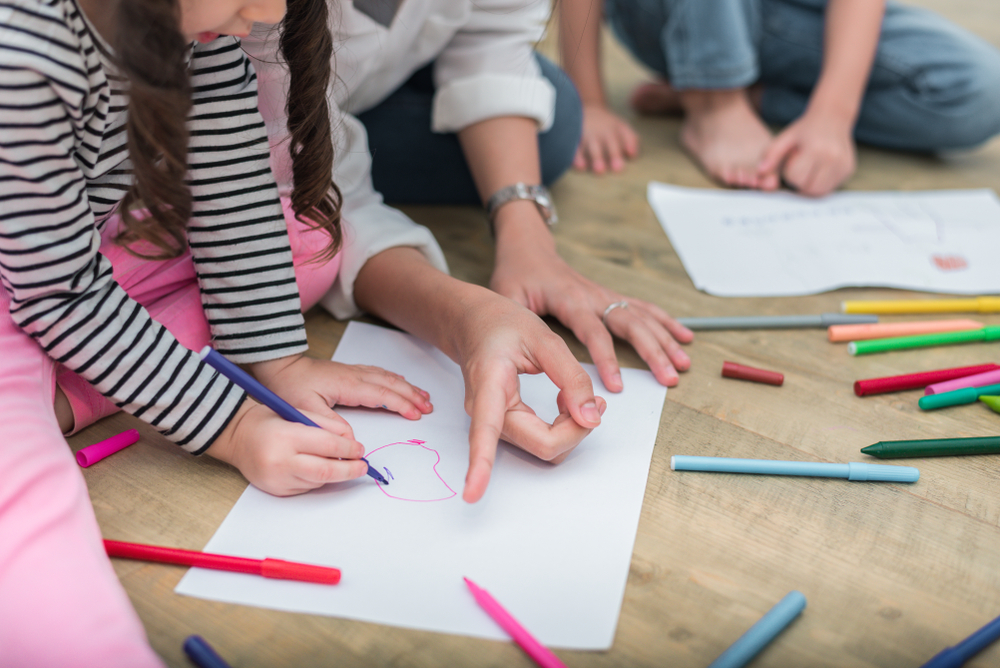Ramadan
5 Financial Skills to Teach Children in Ramadan
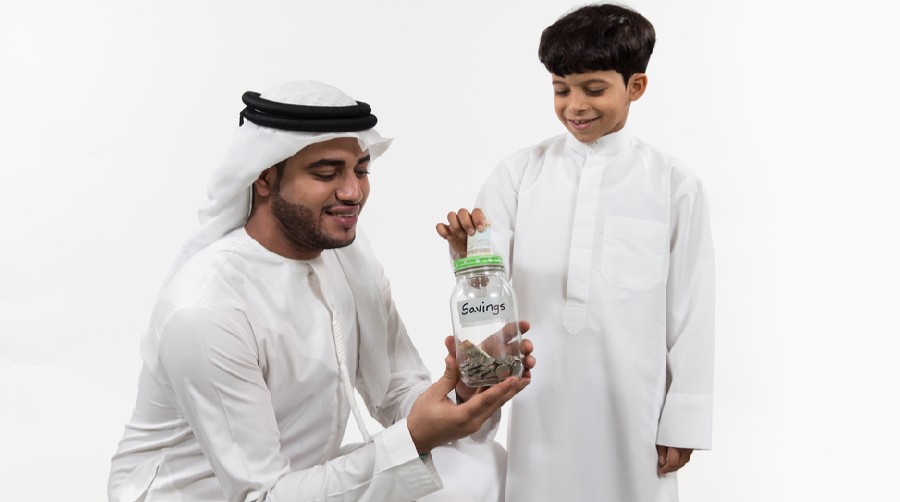
By Dina Shoman – Co-founder of Verity the App
Ramadan is upon us, bringing with it great food along with quality time with family and loved ones. It is also a chance to work on cleansing our mind, body, and soul.
Surprisingly, it can also be an amazing opportunity to teach our children key financial skills that can be used now and later on when they’re adults. Here are five financial skills you can teach your children this Ramadan:
The art of patience.
You may be wondering what patience has to do with financial matters. In fact, it’s an important skill that’s needed to build wealth and financial independence.
Key components of money management include saving and investing, both of which require patience. It takes patience to save for things we want to buy and not spend all our money. We need patience to see investments grow in value over time and not sell them at the first sign of a decline.
It isn’t impossible for kids to be patient, really! Fasting in Ramadan exercises children’s patience muscle as they wait for Iftar to be able to eat and drink. As Eid gets closer, they’re also patiently waiting for their Eid money.
Patience is learned through fasting and waiting for Eid money. You can even go the extra mile by showing them how important it is to be patient with each other, especially in Ramadan when our temper can be shorter than normal.
The difference between “wants” and “needs”.
“Mommy I want this.” “Daddy, I need that!” Knowing the difference between “needs” and “wants” is core to being able to manage your money, another skill children can learn and practice in Ramadan. How we act at Iftar is a good way to teach this.
Kids may want to drink 3 glasses of water and eat large quantities as soon as it’s time to break their fast. Share that the body needs nutrition, and we need to prioritize our needs over our wants in this case. Model it by starting with a date, then a few sips of water, and some soup before we go on to the rest of the food.
Prioritizing needs over wants will help them learn to make better choices for themselves, which in turn, can lead to them becoming smarter spenders.
The joy of giving.
Ramadan is also known as the month of giving. We participate in charity, giving food, money, and other items to those who are less fortunate than us. It’s a great time to teach your children about giving.
Start by asking them what they’re grateful for, then share how fortunate your family is to afford food, clothes, and shelter. Then share how many are less fortunate, and that there are many ways we can help by donating money, supplies, used items, or volunteering our time.
Talk about how they would like to give, and in what way, then help them do it! Experiencing giving in person is also a good way for them to see how what they give helps others.
Planning and setting goals.
Another important financial skill that is crucial for money management and budgeting is setting goals. Ramadan brings with it the opportunity for reflection, self-improvement, and therefore, setting goals and creating a plan.
This Ramadan, take the opportunity to spend quality time as a family to talk about what things each of you want to improve and what to improve as a family. Then, work backward and set smaller goals towards your bigger goals.
This skill can be applied to creating a financial plan for the kind of lifestyle we want. We consider things like traveling, what kind of house we want, what type of car to buy, and so on. Then, we work backward and set smaller goals that will act as stepping stones toward our desired lifestyle.
Reflecting and working on self-improvement during Ramadan will help children build the skills needed to create budgets and goals to reach their dream lifestyles as adults.
Saving as a habit.
Every kid gets excited about Eid and Eid money when it’s Ramadan! And getting their own money for Eid is a great learning tool, just like getting an allowance. That’s because experiential learning is the best way for children to learn, especially when it comes to the dryer and sometimes boring subjects.
So even before your children get their Eid money, talk to them about how much of it they should save, and share any other spending rules you might have. See how they go about it, and let them make mistakes – that’s all part of the learning process.
Ramadan can be a great time to instill important financial life skills into children that they will grow with. Some of those skills can be learned without the involvement of money. Practicing these skills early on will help make them habits that make financially smart and independent adults one day.
About Verity:
Verity is a family money management and financial literacy app with a prepaid Visa debit card for families and children 8 – 18 in the UAE.
Parents can digitize allowances, send instant money transfers, pay children for household and behavioral chores, teach them how to save and give through Saving and Giving goals and create a safe and controlled environment where children can learn.
Kids and teens also learn how to manage their own money through these tools and by using their own physical and virtual prepaid VISA debit cards.

